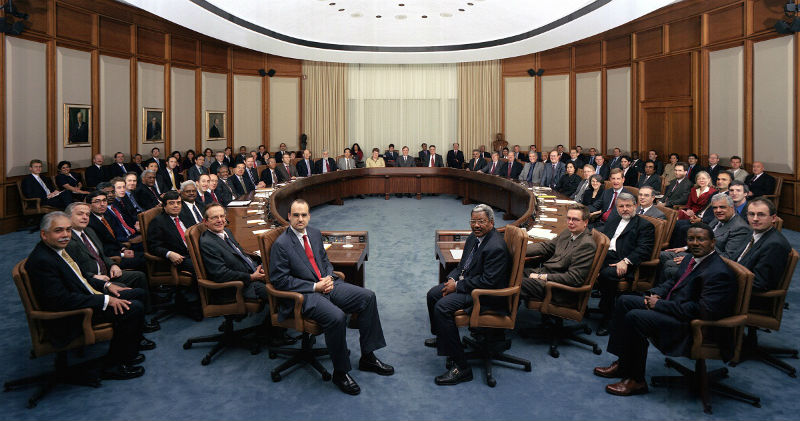International Monetary Fund’s Executive Board approved the fourteen months Stand-By Arrangement (SBA) for Ukraine. The entire arrangement will cost around SDR 2.8 billion (around $3.9 billion, 139% of quota). The Board even took a note of the decision of Ukraine regarding cancellation of the arrangement made under the Extended Fund Facility for Ukraine which was approved earlier on 11 March 2015.
The economic program of the authority is supported by the SBA is set to build on the EFF’s arrangement. An anchor will be provided for the economic policies of the authorities during 2019 and the main focus will be on maintaining the financial and macro-economic stability.

The program will have four main priorities including continuation of the ongoing fiscal consolidation for keeping public debt on a downward path and further reduction in inflation along with maintenance of a flexible exchange rate regime. Reviving bank lending, promotion of asset recovery, strengthening the financial sector and further advancing structural reforms for improving tax administration, governance and privatization are also a part of the program’s priorities.
The SBA’s approval will also enable disbursement of SDR 1 billion immediately and the rest will be made available after completion of semi-annual reviews. The macro-economic growth and stability has been restored successfully by the Ukraine authorities and the international community has also shown its support.

The prudent monetary and fiscal policies along with the regime of flexible exchange rate have helped in reducing the current account and fiscal deficits. This has helped rebuild the reserves partly and has also boosted the confidence.
The authorities’ main focus will be to maintain macro-economic stability through continuation of inflation reduction and fiscal consolidation during this program. This will be further accompanied by several targeted reforms for strengthening tax administration, governance, and the financial and energy sectors, along with the continuation of social assistance for those who are in the most vulnerable category.
Source: IMF.org, Inner City Press









